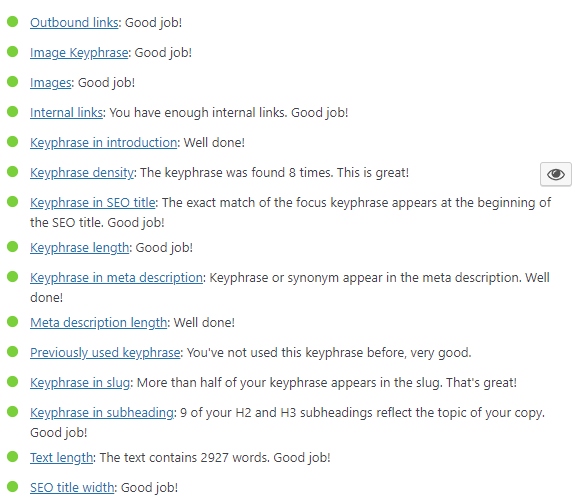WordPress powers over 40% of websites globally, but there’s a lot of confusion about what drives search ranking success. Let’s dispel some persistent myths and highlight real strategies that make a difference – Search Engine Journal.
🔮 Myth 1: “WordPress Is At Risk of Disappearing”
Reality: It’s here to stay. WordPress is a mature, open‑source platform backed by a massive global community. Even if the codebase eventually splits (a “fork”), backward compatibility and supportive tools minimize disruption. Your investment remains sound.
🛠 Myth 2: “WordPress Works Perfectly for SEO Out of the Box”
Reality: WordPress ships with basic SEO capabilities but isn’t finely tuned by default.
You still need to:
-
Configure clean, keyword‑rich permalinks
-
Add title tags, meta descriptions, and alt text
-
Organize your content structure and internal navigation
-
Select well-coded, lightweight themes for optimal performance
Plugins like Yoast or Rank Math help—but they aren’t magic – hellodigital.marketing.
⚙️ Myth 3: “SEO Plugins Alone Will Lift You to the Top”
Reality: Plugins are assistants, not guarantees. They streamline metadata management, schema markup, and site analysis—yet cannot replace meaningful, user-focused content, proper keyword research, or strategic planning. Green lights in the plugin UI don’t equate to ranking success – ROAR! Internet Marketing.

🚀 Myth 4: “Page Speed Doesn’t Impact SEO That Much”
Reality: Speed and usability are essential. Google’s Core Web Vitals assess performance, responsiveness, and visual stability. A slow site frustrates visitors and hinders crawl efficiency. Regular audits, cache optimization, theme updates, and plugin cleanup are non‑negotiable for a healthy site – Mindbees.
✍️ Myth 5: “Longer Content Ranks Better”
Reality: It’s not about length—it’s about quality. SEO tools sometimes encourage word‑count targets, but search engines reward insightful, well‑structured writing that serves real user intent. Don’t pad posts—write exactly as much as needed to solve searcher queries.
🔗 Myth 6: “All You Need Is Backlinks”
Reality: Backlinks help—but they’re far from everything. A site that’s slow, poorly structured, or filled with weak content won’t rank well, no matter how many links it has. Prioritize UX, technical SEO, and relevance first—build solid content that naturally attracts quality links. Or you can buy quality backlinks to save time and speed up the ranking process.
✅ Practical Action Plan for Effective WordPress SEO
| Focus Area | What to Do |
|---|---|
| Site Audit | Regularly check plugins, themes, and technical performance |
| Plugin Use | Optimize SEO plugins manually—don’t rely on default settings |
| Content Strategy | Perform keyword research and craft purposeful content |
| Performance & UX | Improve load times, responsiveness, and layout consistency |
| Expand Search Focus | Consider indexing beyond Google—optimize for Bing, voice/AI search, and alternative engines |
| Maintenance | Keep WordPress core, theme, and plugins updated; remove unused elements |
Final Thoughts
WordPress is robust and flexible—but it isn’t a complete SEO template out-of-the-box. To succeed with SEO in 2025 and beyond, you’ll need ongoing attention to technical health, performance, and content that genuinely helps users.
👉 Think of plugins as tools—not fixes—and focus on continuously refining your strategy, not chasing myths.